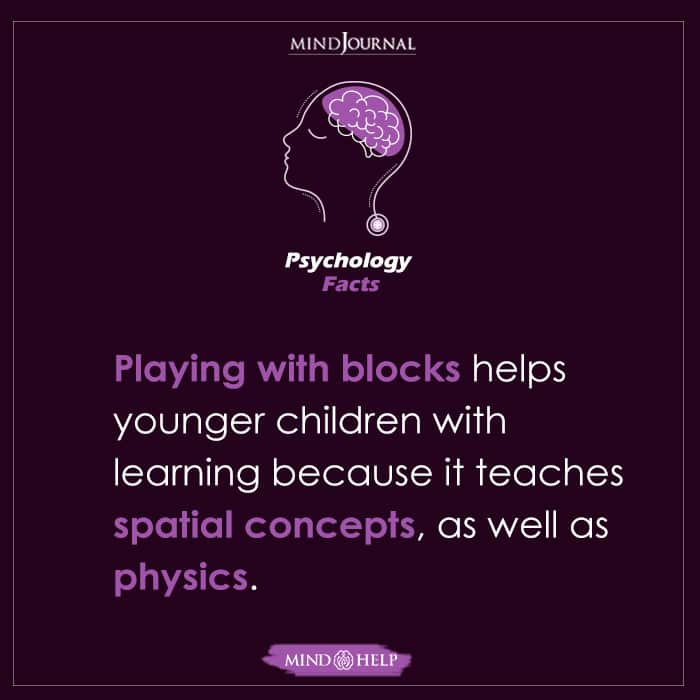Over the years of working with children, I have seen many circumstances supporting the importance of play for appropriate development. This is also something supported quite strongly in the research on child development.
Engaging in appropriate play activities is helpful for children to develop important skills needed for interacting with other people. It is also essential for learning effective approaches for dealing with the challenges individuals face as they grow up.
You can see this in any park during the summer where kids are playing football, baseball, tag, or anything similar. I would say you can still see this at local parks every day even if more and more of children’s interests are taken up by video games. But you can also see it when children are playing board games and even when playing video games (although the social aspect of video games is harder to see because players often are not usually in the same room and are interacting online).

What these games all have in common is that there are basic rules set but that the kids are free to do what they want within those rules. Watching kids playing these games shows that there are innumerable variations of different ways the games can be played even if all the rules are being followed.
Also read The Attachment Theory: How Childhood Attachment Affects Adult Relationships
Childhood play boosts social interactions
What you also see with these games is that there is quite of bit of interaction required—even if the social interactions are limited to screaming about who broke what rule or what rules apply, there is still a lot of interaction. There usually is some specific rules set for determining when something will change if problems get out of hand. This could be something as simple as kids getting a parent if one of the other players gets violent or the game-ending altogether if someone keeps not following the rules.
These aspects of childhood play (set rules that are kept at a minimum, freedom to decide how best to play the game within the set rules, social interactions, and rules for how to end if problems occur) are the aspects of play that have been found most helpful for child development. Conclusions about what helps make play effective have been found in numerous human and animal behavior research studies.
Play helps strengthen skills in Children
I was thinking about this recently when I read a recent article in the International Journal of Comparative Psychology (Pellis, Pellis, Himmler, Modlińska, Stryjek, Kolb & Pisula. 2019). This was an article that again supported the importance of play activities as something essential for all species as they grow up. These authors addressed not only the importance of the play but also the type of play that is important for children of all species.
Also, read The Cure For An Imperfect Childhood
In this article, they specifically examine rats and address different types of play that rats engaged in, both in domestic settings and also out in the wild. Both clearly benefited from play activities and developed specific skills they would need for successfully growing into adulthood. In both situations, these authors found that young rats raised with playful peers develop better social skills and better cognitive skills than animals who are raised separately from peers and/or primarily around adults.
What these authors also addressed is that their research supported the thinking that play allows youngsters across species to practice skills that they will need for effectively handling social situations as they grow up. Some social areas impacted the most by play were learning how to effectively interact with other people and learning how to share and take turns. It also supported that play helps strengthen cognitive skills (like thinking and memory) as kids grow up.

There are a large number of other studies that support the importance of play across many different species. What this research shows is how the importance of play seems rooted in the very basic parts of how we develop socially and neurologically. It also shows that play benefits young individuals of all species by helping them learn skills that they will need for communicating and acting effectively with other members of the species as they grow older.
Play also tends to have its benefits because it allows kids to learn very important skills with at least some supervision (or ways to get supervision if needed) and where there are at least some specified rules for what is expected.
Children benefit from activities where there is somebody available if there is a problem and there are at least some very basic rules set for what is expected. If kids are otherwise given room to learn needed social skills and problem-solving skills, play can have a very important role in their development.
Are you giving your kids enough opportunities to play and develop?
References
Pellis, S. M., Pellis, V. C., Himmler, B. T., Modlińska, K., Stryjek, R., Kolb, B., & Pisula, W. (2019). Domestication and the role of social play on the development of socio-cognitive skills in rats. International Journal of Comparative Psychology, 32.
Written by: Dr. Daniel Marston Originally appeared on: Psychology Today Republished with permission










Leave a Reply